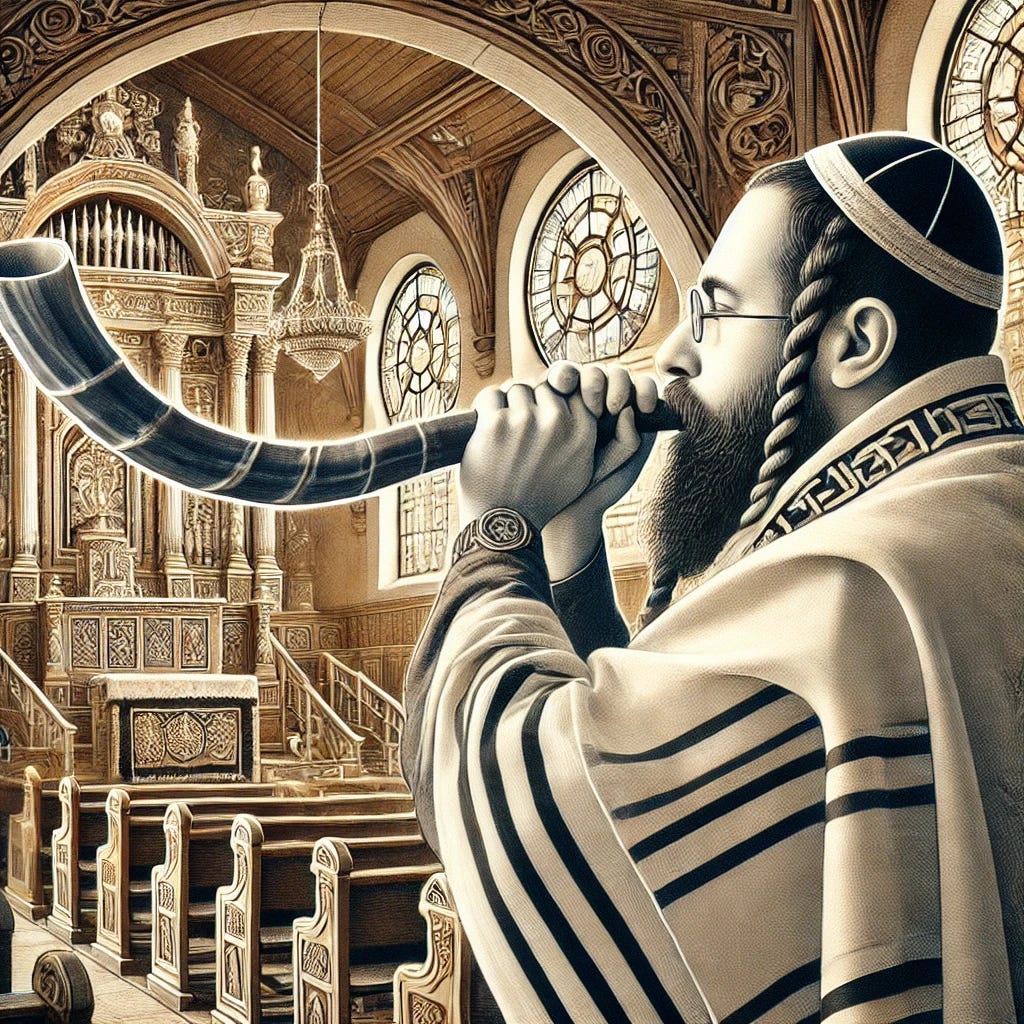I Look for You
By Solomon Ibn Gabirol
Translated By Peter Cole
I look for you early,
my rock and my refuge,
offering you worship
morning and night;
before your vastness
I come confused
and afraid, for you see
the thoughts of my heart.
What could the heart
and tongue compose,
or spirit’s strength
within me to suit you?
But song soothes
and so I’ll give praise
to your being as long
as your breath-in-me moves.
It is important that readers know and understand that I am not religious. I would describe myself as spiritual. Our earth, lives, and universe cannot be an accident. There is a driving force to existence. That is why I am not an atheist. In addition, I am Jewish and grew up in a household filled with Jewish tradition. Each holiday brings with it nostalgic memories. On Yom Kippur, I sat in the synagogue with my family, trying as best as possible to follow the prayers written in Hebrew.
At the same time, I grew up with lots of friends from different religious traditions. I have attended Catholic and Protestant church services and visited the extraordinary St. Peter’s Cathedral in the Vatican and the Church of the Holy Sepulchre in Jerusalem.
I decided to post this essay at a time in history when there was so much misunderstanding, hoping it would help people understand the Jewish religion. I welcome your comments and questions.
Yom Kippur is the Jewish Day of Atonement. It is a time for spiritual cleansing and a new beginning. It's believed that God decides each person's fate for the coming year on Yom Kippur. The Jewish belief is that we ask for God’s forgiveness for sins committed against God. Only the people we have hurt, insulted, or ignored can forgive us. We must ask that injured person for forgiveness.
The poet, Solomon Ibn Gabirol, lived from around 1022 to 1058 or 1070.
He was born in Spain and was a Jewish poet and philosopher who lived in Moorish or Muslim Spain. He was a prominent figure and considered one of Jewish history's primary poets.
"I Look for You" is a deeply spiritual expression of devotion to God. It expresses a yearning to connect with God, a wish that begins each morning. The emphasis is on the intensity of continuous devotion.
Solomon Ibn Gabirol approaches God, feeling confused and afraid, recognizing God's great power and omniscience, knowing that God sees beyond outward actions and understands the heart's most profound thoughts. This creates a sense of vulnerability and awe as Gabirol admits to his limitations and imperfections in the presence of the vast divine.
The poem wonders what the heart, tongue, and inner spirit can possibly offer that would be worthy of God. Yet, even in this realization of inadequacy, Gabirol finds deep comfort in prayer, which becomes a way to connect with and praise God.
The poem speaks to the human need and desire to serve God, even with personal limitations, and finds peace and connection through prayer and continuous praise. It reflects themes of devotion, humility, and the search for closeness to the divine, which are especially meaningful in Yom Kippur, a day of reflection, atonement, and seeking reconciliation with God.






